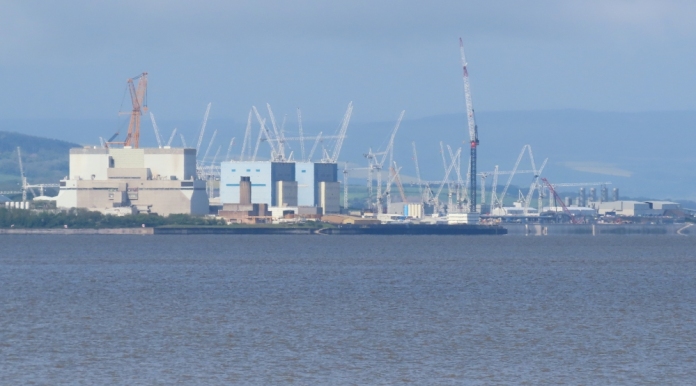Environmental campaigners have welcomed a decision by the Government asking EDF to install an Acoustic Fish Deterrent system in the sea to reduce the number of fish entering Hinkley Point C’s water cooling intakes.
The Secretary of State for the Environment, Food and Rural Affairs has ruled against Hinkley Point C’s application not to install one of three fish protection measures originally proposed for the power station near Burnham-On-Sea.
EDF wanted to remove the acoustic fish deterrent system, saying it would not adversely affect the fish population – but the Environment Agency disagreed and presented evidence to support its position of possible adverse effects to the Severn Estuary. The Environment Secretary has this month decided that the acoustic fish deterrent (AFD) system should be retained as part of the power station’s construction.
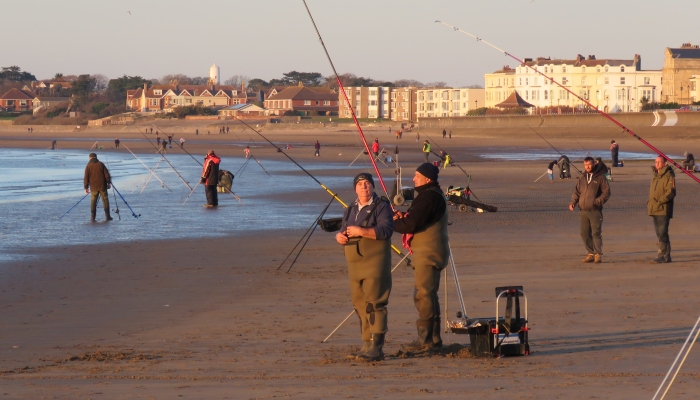
Roy Pumfrey, Stop Hinkley campaign group spokesperson, told Burnham-On-Sea.com: “This is a victory for those who conserve the fish in the Severn Estuary and the Bristol Channel. Despite years of losses due to the two previous stations, Hinkley A and Hinkley B, those fish remaining in these protected coastal waters now have a fighting chance of living a full life without their numbers being depleted by Hinkley Point C’s water intakes. The AFD should help to prevent millions of fish over the lifetime of Hinkley Point C coming to a messy end in the water intake pipes.”
Hinkley Point’s cooling system has previously been described in the national press as an ‘underwater plughole’ that will suck in 130,000 litres of sea water a second that could kill thousands of fish a day.
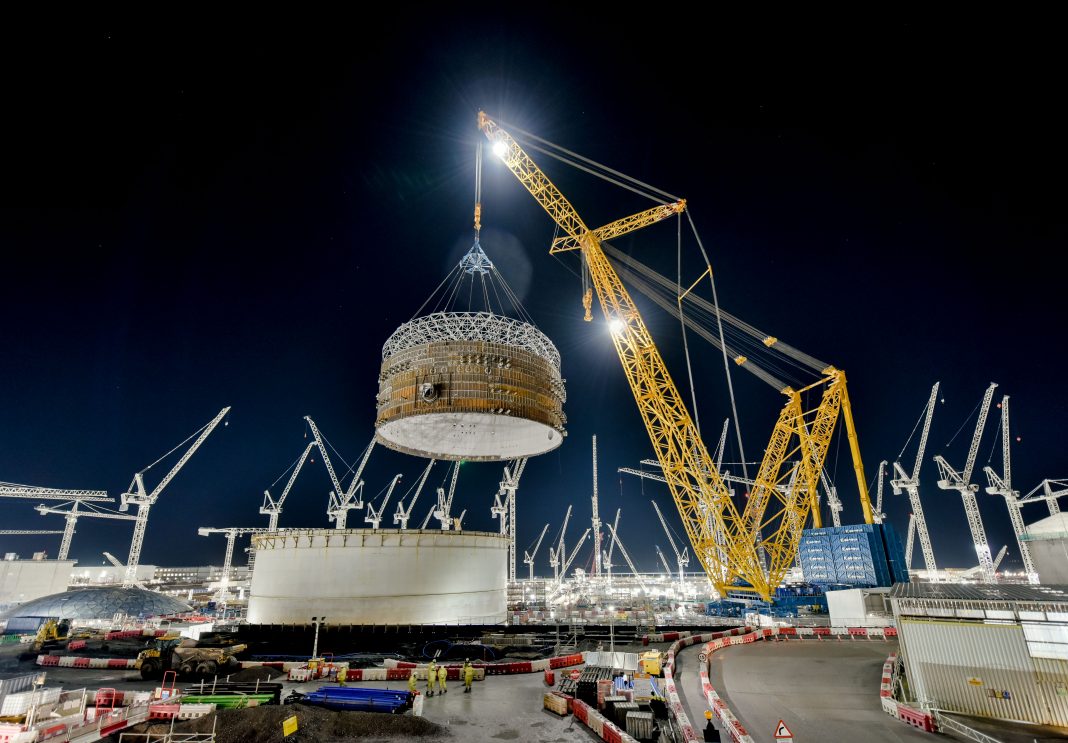
Chris Fayers, Head of Environment at Hinkley Point C, told Burnham-On-Sea.com: “We are considering the detail of the planning inspector’s decision and the options available to us. Hinkley Point C is the first power station in the Bristol Channel to include any fish protection measures at all.”
“Studies from the Government’s own marine science experts have shown that the power station will have a negligible impact on local fish stocks with our proposed fish protection measures in place.”
“This includes a fish return system, and water intakes designed to significantly reduce the number of fish coming into the pipes.”
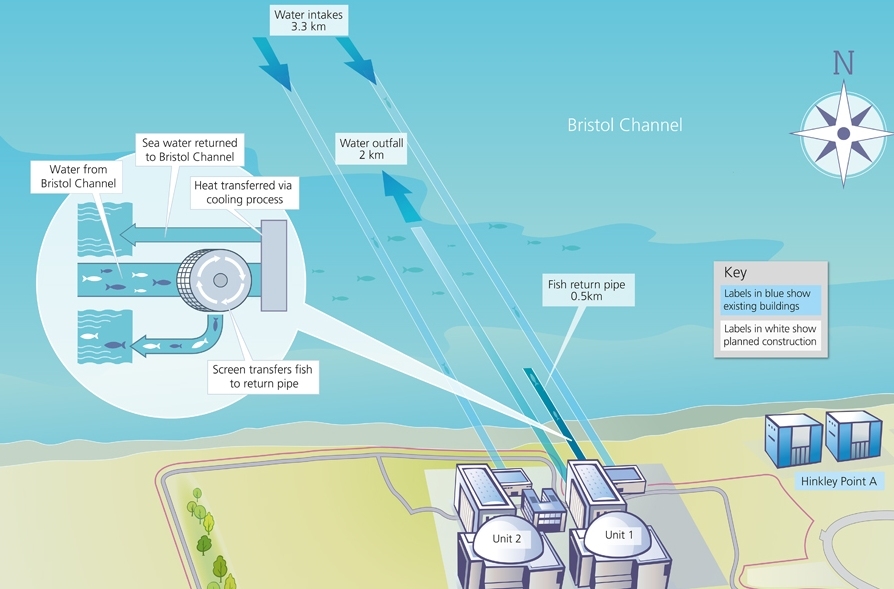
An EDF spokesman explained the measures that it will be taking to protect fish: “The two protection measures include a fish recovery and return system and special water intakes. These are designed to slow down the water entering the cooling system so that fish can swim away. They are also placed in a way that means the tide carries fish over and around the intake heads themselves. It’s a big improvement from older power stations that we have seen around our coastlines.”
“An acoustic fish deterrent system is a relatively new technology that was in its concept stages when it was proposed in our original planning application. We asked to install the first two fish protection measures but make a change to remove the acoustic fish deterrent.”
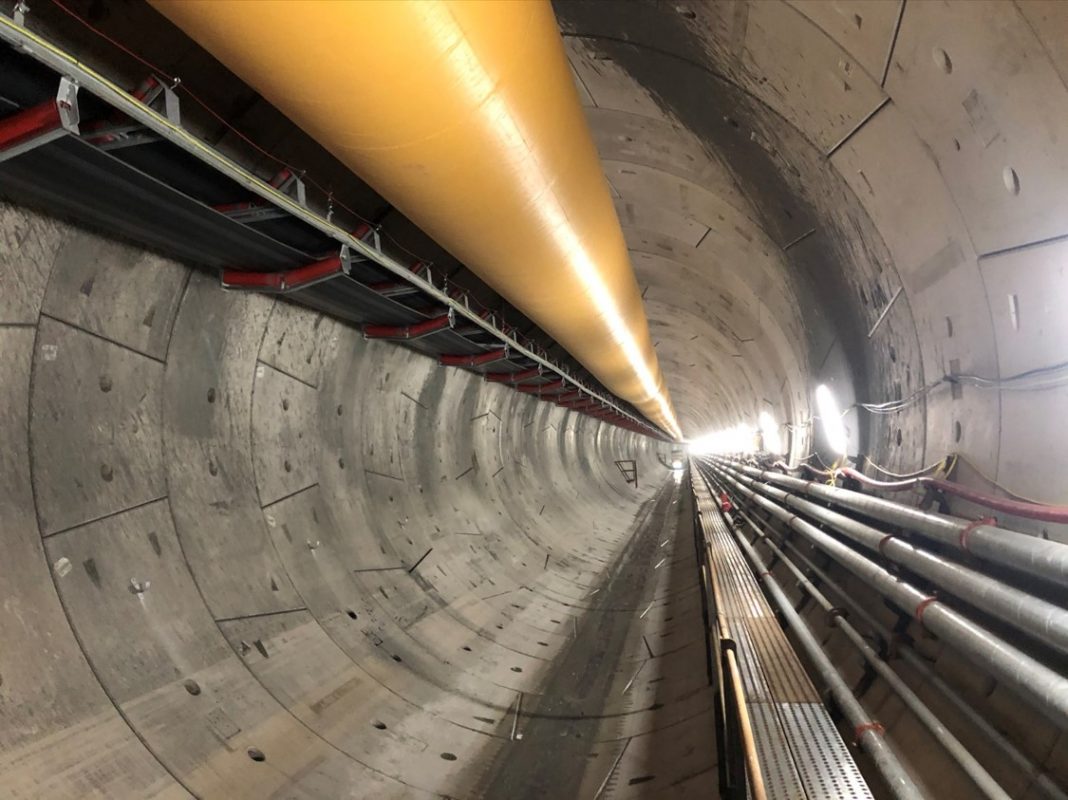
“This proposal is based on two key reasons: Firstly, expert environmental evidence from the Government’s own marine science experts has shown that even without the acoustic fish deterrent installed, Hinkley Point C will have a negligible impact on the fish populations in the Bristol Channel. Very large numbers of fish are eaten by other fish, marine birds and porpoises, whilst fishing can also sustainably take at least 10% – 20% of the adult population every year without affecting population levels. The worst case predicted effect of Hinkley Point C with the planned two fish protection measures in place varies by species, but would be much less than 1%.”
“Secondly, there are very clear safety challenges of maintaining dozens of sound projectors offshore in the Bristol Channel. The area has poor underwater visibility and is one of the highest tidal ranges in the world. The danger that divers would be subjected to cannot be justified for a system that will have almost no benefit.”
While the Secretary of State’s decision on the appeal is final, it can be challenged by EDF in the courts by judicial review should the company wish to challenge the ruling.

